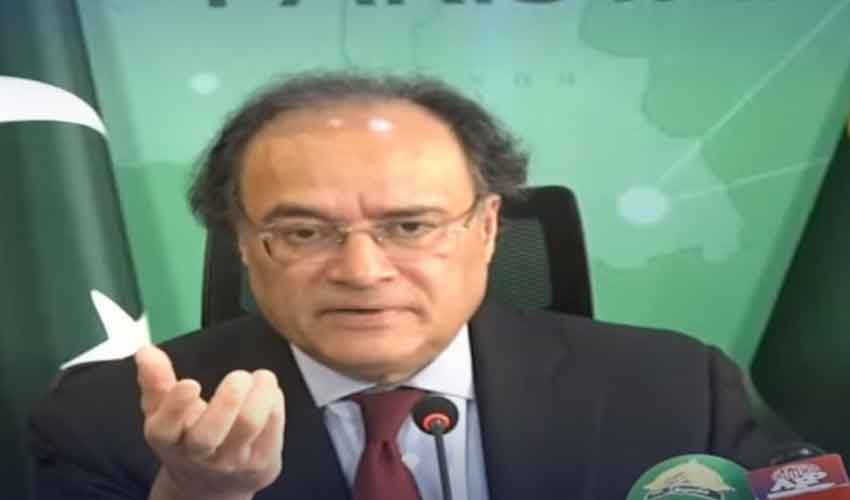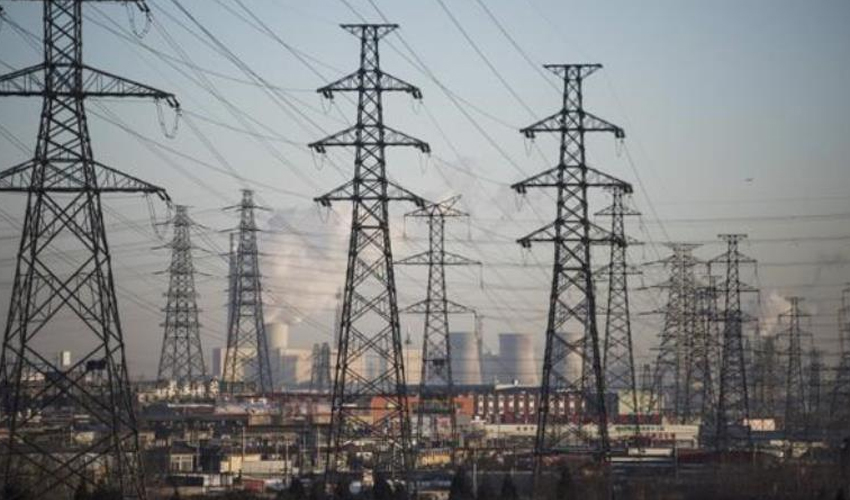Finance Minister Muhammad Aurangzeb has expressed optimism about Pakistan’s economic trajectory, emphasizing progress in macroeconomic stability and structural reforms aimed at reducing federal expenses and boosting efficiency.
Addressing a press conference in Islamabad, the minister stated, “Alhamdulillah, the economy is moving in a positive direction.” He attributed this progress to six to seven months of focused efforts on macroeconomic stability, which he described as now being in a "satisfactory" state, adding that the journey of microeconomic stability has been good.
The finance minister highlighted the government’s commitment to sustainable development through initiatives such as the Uran Pakistan program, which aims to drive long-term growth. "There is an effort to share progress instead of plans," he stressed.
In order to cut federal expenses, the minister said plans are being drawn up and elaborated on the rightsizing committee, established by Prime Minister Shehbaz Sharif in June for the purpose. Muhammad Aurangzeb, who chairs the committee, explained that it has representation from coalition parties and the private sector, saying they were working on the rightsizing of federal government institutions.
“Our primary goal is to reduce federal government expenditures while ensuring the efficient use of resources,” he said, adding that the committee is reviewing 43 ministries and 400 subordinate institutions, which currently account for Rs900 billion in annual spending. "Some issues were related to the provinces that will be handed over to the provinces."
Key achievements so far include:
- Eliminating 150,000 vacancies by stopping recruitment on 60% of vacant posts.
- Phasing out non-essential institutions, with plans to merge overlapping ministries such as Kashmir Affairs and SAFRON.
- Outsourcing non-core services to enhance operational efficiency.
The minister revealed that the rightsizing process, expected to be completed by June, has begun with six ministries, reducing 80 to 150 departments to 40 in the first phase. "The Ministry of Finance will monitor the cash balance of all institutions," he added.
The finance minister reiterated the need to change the basic DNA of the economy and shift it towards an export-oriented model, with the private sector playing a pivotal role. "The government’s job is to provide policy; the private sector's role is to create jobs," he emphasized.
Efforts are also underway to modernise the Federal Board of Revenue (FBR) by incorporating advanced technology to document the economy and improve transparency. The minister noted that initial reforms are already yielding positive results, enhancing revenue collection and fiscal management.
The finance minister assured the nation that all goals are on the right track, with the government prioritizing macroeconomic and microeconomic stability to lead Pakistan towards sustainable development. “Structural reforms require time, but with the steps we have taken, the economy is on the path to recovery,” he concluded.


























